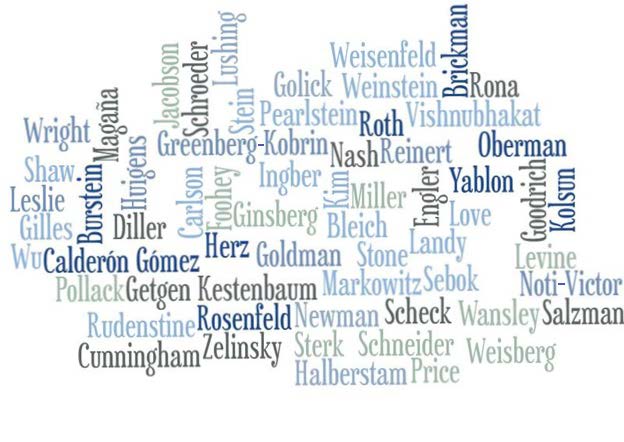Publication Date
2004
Journal
Cardozo Public Law, Policy, and Ethics Journal
Abstract
Hegel is the philosopher of threes. His entire system is triune: logic-nature-spirit. Within the logic is a triune structure: being, essence, notion. Within notion there is a triad: subject-object-idea. Within subjectivity, there is a triad: notion, judgment, syllogism. Yet when we examine Hegel's critique of judgment, there are four (not three): inherence-reflection-necessity-notion.
This paper tries to explain why this is so. There is a disturbing element present at all times in Hegel's logic - what Slavoj Zizek named a silent fourth, which erupts and manifests itself in judgment. This paper refines and justifies Zizek's insight, arguing from the text of Hegel's monumental "Science of Logic".
Volume
3
First Page
143
Publisher
Benjamin N. Cardozo School of Law
Keywords
Georg Hegel, judgment, philosophy, jurisprudence, reflection
Disciplines
Law
Recommended Citation
David G. Carlson,
Why are There Four Hegelian Judgments,
3
Cardozo Pub. L. Pol'y & Ethics J.
143
(2004).
https://larc.cardozo.yu.edu/faculty-articles/20


